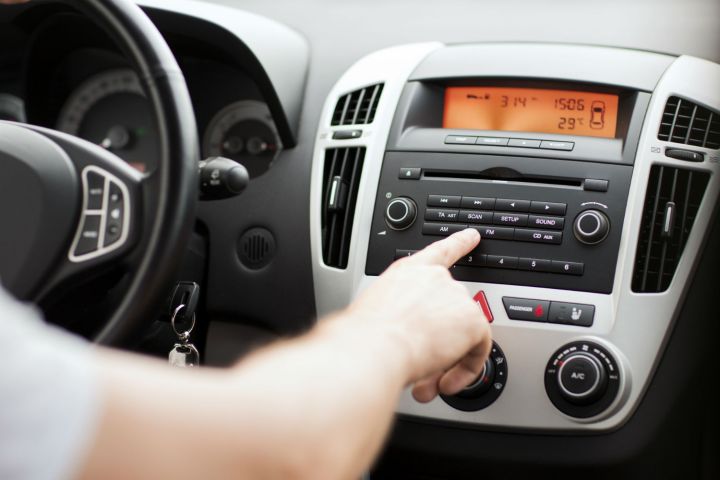
Today, the company released its fourth annual Music 360, a survey of American music listeners that includes a slew of information regarding how people first access new music. Interesting stuff, considering the company claims that most Americans hear over 24 hours of music a week.
It’s tough to believe in 2015, but the majority of listeners, 61 percent, still report first hearing new bands through local AM/FM, or satellite radio. Interestingly, the report seems to suggest radio music discovery is actually increasing, showing a “7 percent increase over last year,” and a 10 percent increase over the 51 percent Nielsen reported in January. It appears, to many listeners, the old ways are still the best.
Despite radio still reigning supreme, streaming is very much on the rise. Coming on the heels of BMI’s report that internet-based music is generating more money than ever, Nielsen says that online users streamed 135 billion tracks in the first half of 2015, compared to 164 billion in all of 2014. Most of those plays were from free services, according to the data, and 78 percent of people say they are unlikely to use a paid streaming service in the next six months.
Record labels might be unhappy with this fact, considering that ad-based streaming services like Spotify and Pandora’s free tiers bring in less revenue, but venues and promoters are sitting pretty. In a music world that is becoming increasingly digital, the report notes that attendance of live events is actually up, and that listeners now spend over half of their annual musical expenditures attending live shows.
Attendance has been so high that there has been a 70 percent increase in the number of people who discover music in person in the past year, up to about 1-in-10 Americans.
It’s a lot of information to process, but it does give us a more nuanced portrait of the average modern listener.
So here’s what we know now: Typical American listeners are starting to listen to Spotify, and other services on their smartphones more often. They are willing to deal with ads in exchange for free listening, but they still find their favorite new bands listening to the radio in their cars before making their way to more live shows.
Editors' Recommendations
- YouTube Music is finally fixing its most annoying limitation for some free users
- 7 ways to listen to music on your Apple Watch
- Facebook’s new Collab music app is a fun way to play with others
- Sonos takes aim at Apple Music and Spotify with ad-free, original radio stations
- Dolby Atmos Music will make its streaming debut on Amazon Music HD




